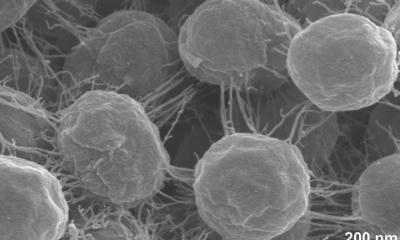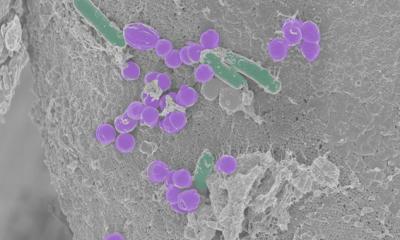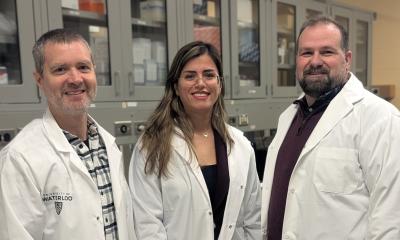Student's immune defences hit by examination nerves
Researchers found out important links between mental stress and characteristic complex physical inflammation reactions of allergies.

Sweden - The rise in asthma and allergies is often blamed on stress in the West. Now research*, involving medical students and carried out at the Karolinska Institute, in Stockholm, has indicated that there are important links between mental stress and characteristic complex physical inflammation reactions of allergies.
To understand the link between stress and allergy, the research team, led by Mats Lekander and Caroline Olgart Höglund, examined how a major medical exam at the Institute affected feelings of stress, stress hormone levels, the immune system and lung function amongst students who suffered allergies - 22 students had hayfever and/or asthma - and 19 other students who had none.
Two extensive tests were carried out, the first during a calm period of study, when the subjects faced no immediate examinations, then shortly before a major exam.
The researchers were able to show, for the first time on record, that a group of regulatory T cells, which control the activity of a number of other cells in the immune system, appear to sharply increase in number in response to mental stress. Both groups of students had this increase. Blood concentrations of cytokines, a group of inflammation products, were also seen to have changed and shifted against a pattern associated with allergic inflammation in the allergic students, but remained normal in the healthy students.
The two discoveries might be linked. Mats Lekander explained: ‘There is much to suggest that the regulatory T cells are dysfunctional in people with allergies. When people become stressed, they increase in number and normally have an anti-inflammatory effect. If this system does not work in people with allergies, it could explain the changed cytokine balance that we have observed in them.’
* Clinical & Experimental Allergy. Peer reviewed publication and references: ‘Changes in immune regulation in response to examination stress in atopic and healthy individuals’.
30.08.2006





